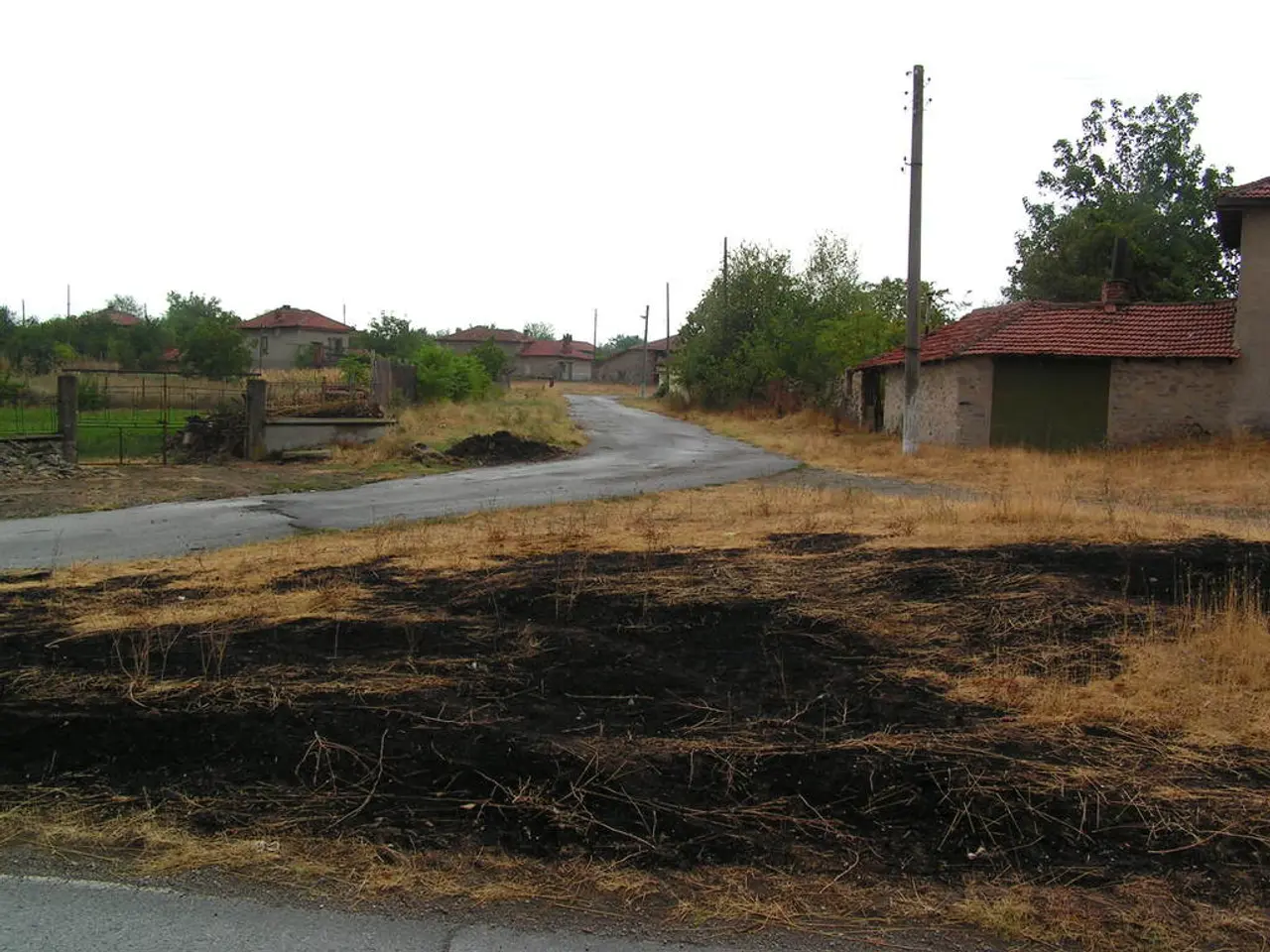Solar-powered energy systems designed for modest energy needs
**Simplified Solar Energy: Plug-and-Play Solar Devices in Hamburg**
Hamburg, one of Germany's city-states, has made strides in renewable energy, particularly in the realm of solar power. However, the focus has primarily been on integrated photovoltaic (PV) systems, with less emphasis on the rapidly growing market of plug-and-play solar devices.
**Solar on New Buildings: A Focus on Integration**
Since 2023, Hamburg requires solar PV installations on new residential and commercial rooftops, aiming to maximise the use of urban roof space for renewable energy generation. The mandate applies to the installation of photovoltaic systems, but there is no explicit mention of plug-and-play devices in the available guidelines. The focus is on permanent, building-integrated solutions that connect to the grid.
**Plug-and-Play Solar: Current Status**
While the Hamburg regulations primarily focus on traditional, building-integrated PV for new constructions, there is no clear evidence of specific local regulations for plug-and-play solar devices. These devices, which are becoming more popular in Germany, are primarily regulated at the federal level, with regulations governing maximum output, registration with the grid operator, and safety standards.
**Installation Guidelines**
Installations must comply with German and European standards for PV systems, including safety and grid connection requirements. Proper documentation, including system performance and safety checks, is required for compliance. Systems are typically connected to the local grid, with regulations governing feed-in tariffs and technical requirements for grid compatibility.
**Benefits and Considerations**
Plug-and-play solar devices offer several advantages, including simplified installation, lower costs, and increased portability. However, they are less efficient and have a shorter lifespan than standard solar modules. Tenants should use clip systems for securing plug-in solar devices, and balcony power stations should be included in household and liability insurance.
**The Future of Plug-and-Play Solar**
In the future, solar power plants are expected to be equipped with a standard Schuko plug, making them even more accessible for homeowners and tenants. With the costs of plug-in solar devices ranging from 300 to 600 euros (without battery), depending on performance, quality, and type of installation, these devices are becoming more cost-effective.
For the latest and most detailed information, contacting Hamburg’s energy or building authority directly is recommended. With the right knowledge and preparation, plug-and-play solar devices can provide a practical and affordable solution for generating electricity from renewable sources in Hamburg.
- The regulations in Hamburg primarily focus on traditional, building-integrated photovoltaic (PV) systems for new constructions, but there is no clear evidence of specific local regulations for plug-and-play solar devices, which are primarily regulated at the federal level in Germany.
- With the costs of plug-in solar devices ranging from 300 to 600 euros (without battery), depending on performance, quality, and type of installation, these devices are becoming more cost-effective and accessible, especially as solar power plants are expected to be equipped with a standard Schuko plug in the future.
- As plug-and-play solar devices offer several advantages, including simplified installation, lower costs, and increased portability, it is important for tenants to use clip systems for securing these devices and include balcony power stations in their household and liability insurance to ensure safety and compliance with standards.




